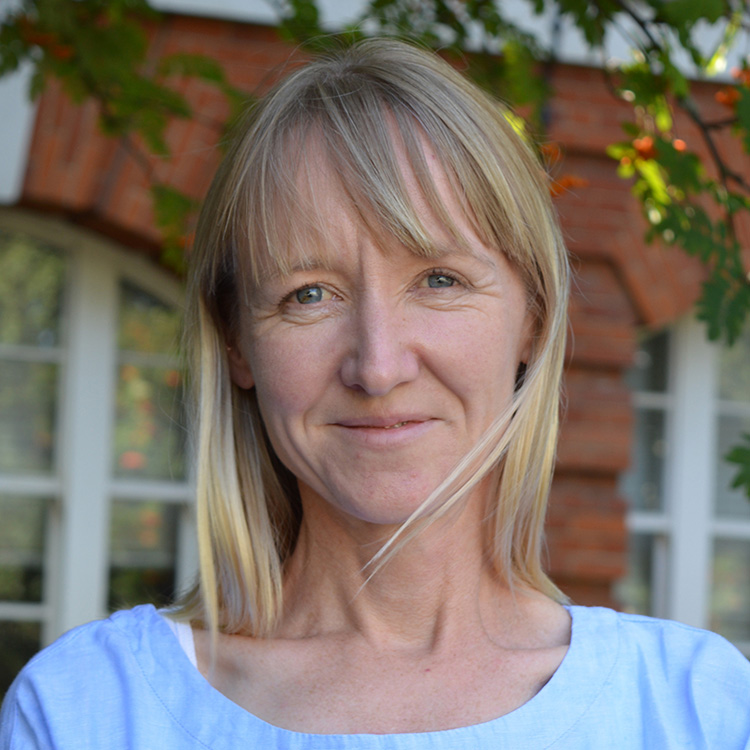
Dr Emma L Veale
She/Her
On this page
About
I joined Medway School of Pharmacy in 2007, as a research associate, having previously worked as a research assistant at Imperial College London. In 2017, I obtained my PhD by published works, studying the regulation of mammalian ion channels using a combination of molecular biology and patch-clamp electrophysiological techniques. In 2020, I became a senior research fellow and in 2023 I was awarded a Royal Society Short Industry Fellowship, followed by a full Royal Society Industry Fellowship in 2025. Other roles in the school include: REF coordinator, Health & Safety Officer, member of the Sustainable Laboratories Committee, member of the research committee, Fire Safety Officer, and Education and Research Mentor for local practitioners. Outside of the school I am an editor of the ion channels section of the Concise Guide to Pharmacology, associate editor for the journal, Patient Preference and Adherence, moderator of KCNK9 gene at the Human Disease Genes website, and a member of the KCNK9 Imprinting Syndrome and IPVD consortia.
Research interests
My focus over many years has been characterising the role of potassium channels in neurons and in clinical variants of disease using a combination of molecular biology and patchclamp electrophysiology techniques. I have collaborated with a number of industrial partners over the years (Galleon, Pfizer, LifeArc, Metrion, Sophion, Venomtech), to develop novel pharmacological mediators of these channels, for conditions such as pain, and with Clinicians at the Mayo Clinic and worldwide to profile the rare genetic disease, KCNK9 Imprinting Syndrome.
More recently I have branched into practice-based health research, leading a successful project screening for Atrial Fibrillation in primary care, using a novel algorithm-based electrocardiogram device. The project won several awards, including two from the Atrial Fibrillation Association and a “Women in Science and Engineering” award in 2019, for the inspirational use of new technology. Other interests include the safe use of opioids following surgical procedures (DESCALE Project).
Supervision
Current PhD students:
Ethel Carboni Jardim - Centre for Health Services Studies ARC PhD Studentship - part time (0.2 FTE) | Joint Principal Investigator with Julie Hedayioglu (Canterbury Christ Church University) 2021 – 2026 | Receiving a life-altering diagnosis: How do individuals make sense of their persistent, incurable pain?
Ian Hunter - BBSRC SoCoBio DTP Studentship - 2023 – 2026 | Joint Principal Investigator with Prof Arthur Butt & Dr Anthony Lewis (University of Portsmouth). Targeting potassium channels in oligodendrocytes to maintain myelin and a healthy brain across the lifespan.


